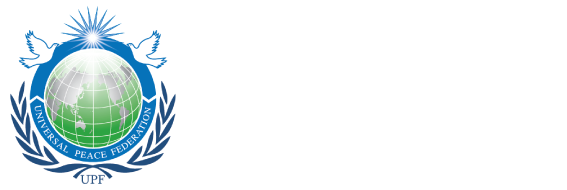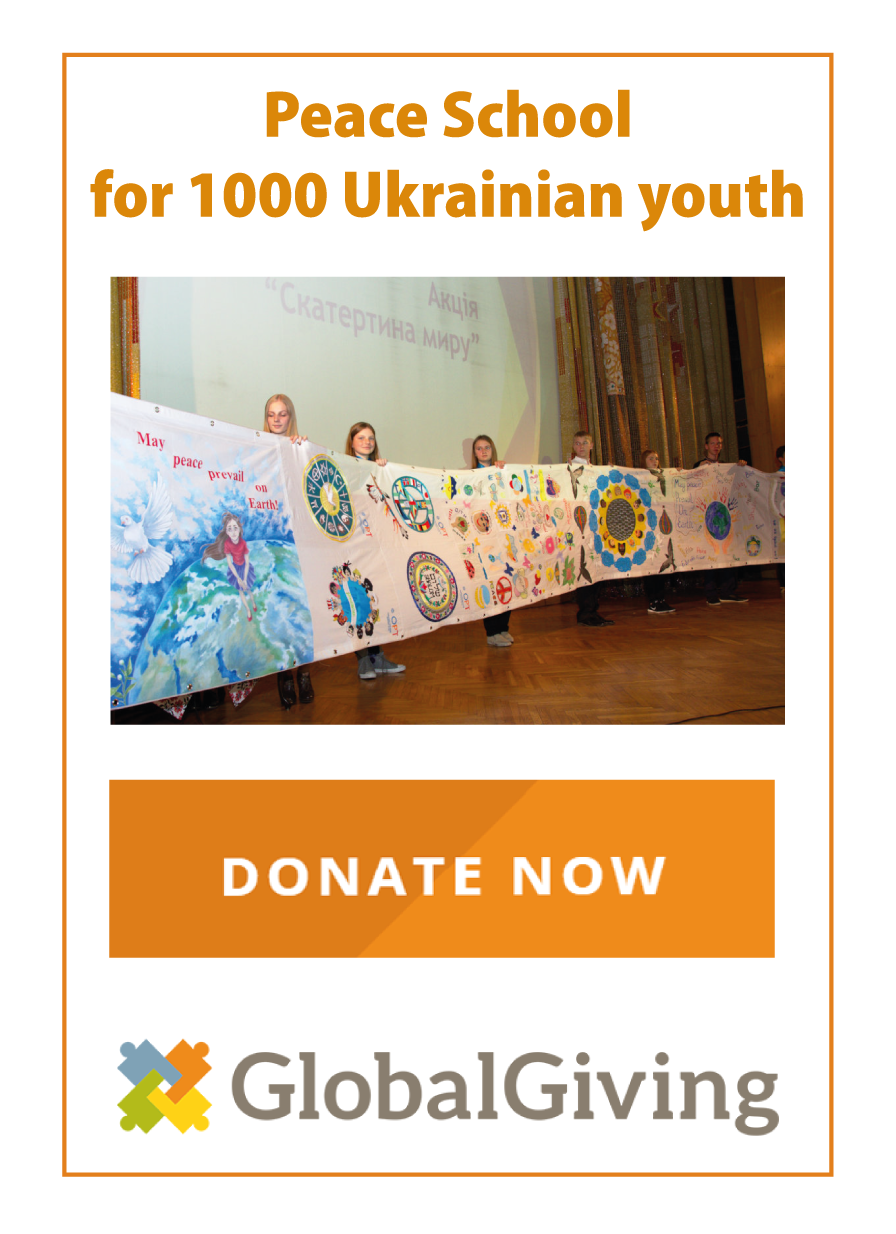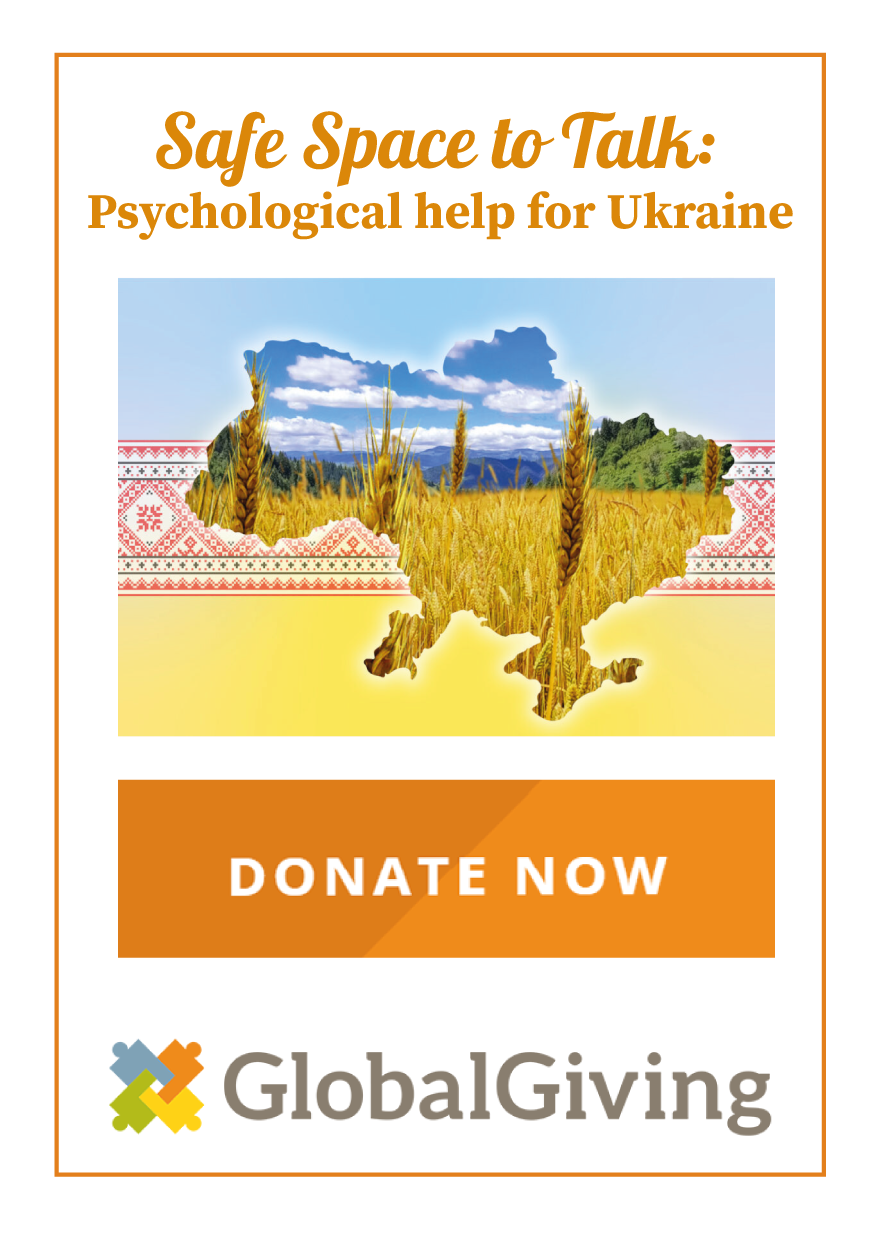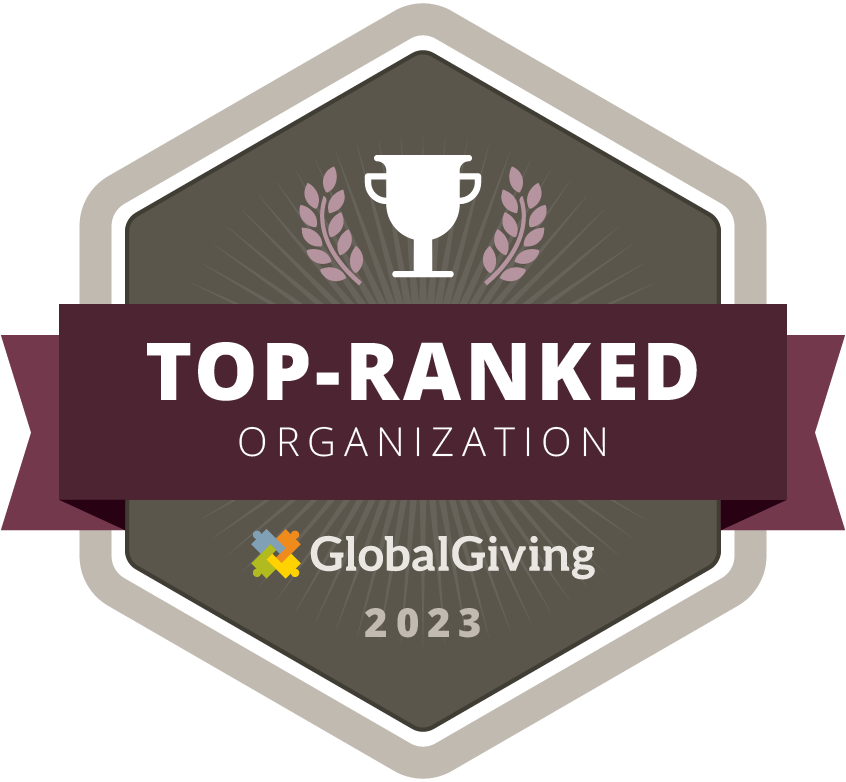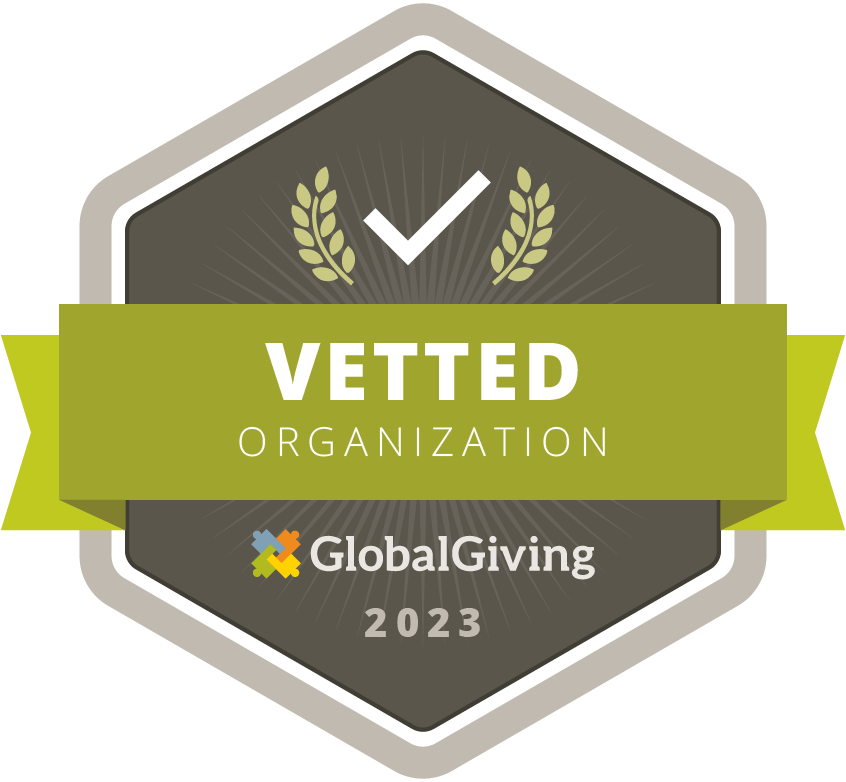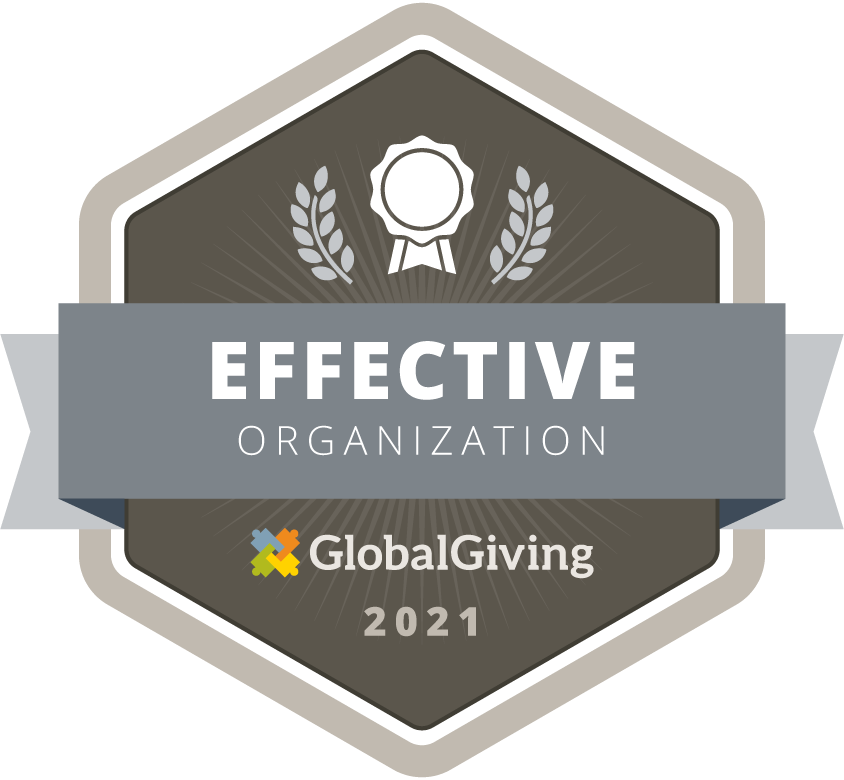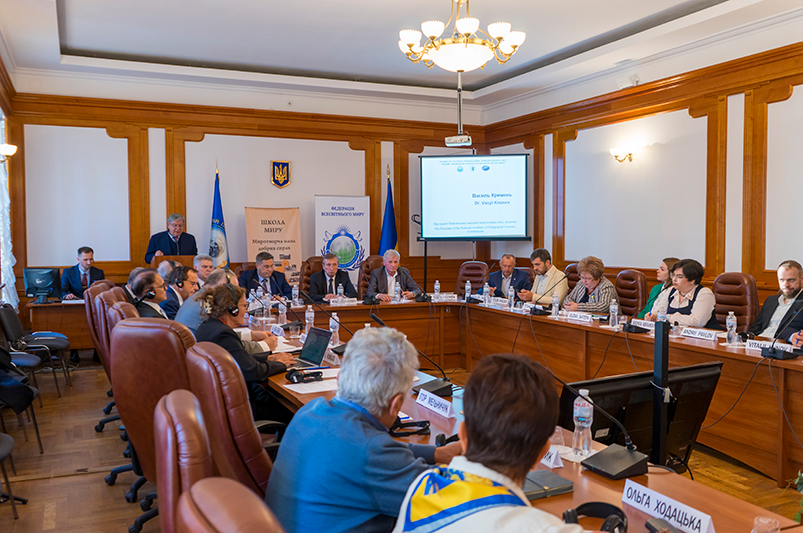
Fact Findings. Russian-Ukrainian war, lessons for Europe and the World. At the Ukrainian State University named after M.P. Drahomanov, a round table was held with the participation of foreign guests from France, Germany, the Czech Republic, Austria and Switzerland. Scientists, educators, and journalists took part from Ukraine, including Academician Mykhailo Zgurovskyi, Academician Vasyl Kremen, Professor Oleksandr Sagan, Ambassador Extraordinary and Plenipotentiary Valery Tsybukh.
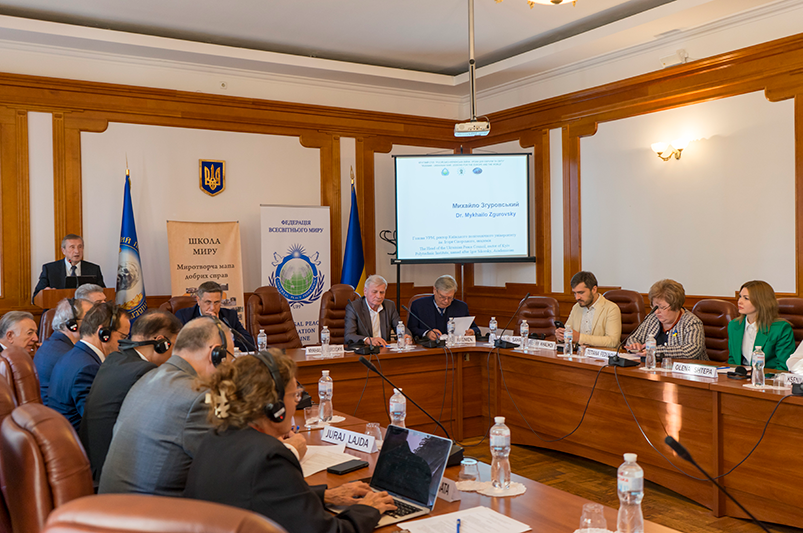
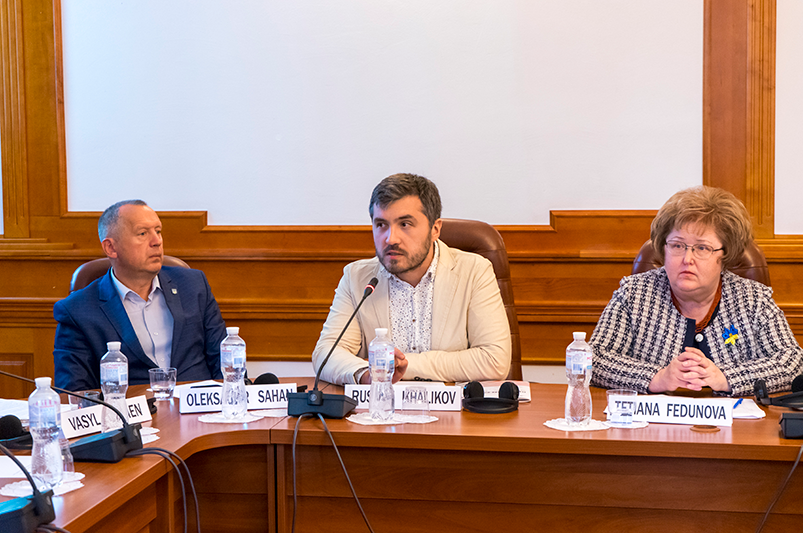
Rector of the Polytechnic Institute named after Igor Sikorsky Mykhailo Zgurovsky mentioned five lessons and four actions that are necessary to end the war. And the war in Ukraine and the Middle East is a new challenge for the international community to preserve peace on earth. The President of the Academy of Pedagogical Sciences of Ukraine Vasyl Kremen expressed his point of view on the cause of the Russian-Ukrainian war.
Oleksandr Sagan spoke about the role of religious organizations in this war, and Ruslan Khalikov provided information about the fact that more than 500 religious buildings were destroyed during the war. The head of the NGO "Environmental Safety Council" Valery Tsybukh emphasized the large-scale ecocide that is currently taking place on the territory of Ukraine. He noted that almost 20% of the protected areas of the country were under threat of destruction, and the amount of damages reached the amount of 2 trillion hryvnias. Valery Ivanovych also drew attention to the fact that 30% of the mined territory (which is equal in size to two Austrias) will need to be demined for decades.
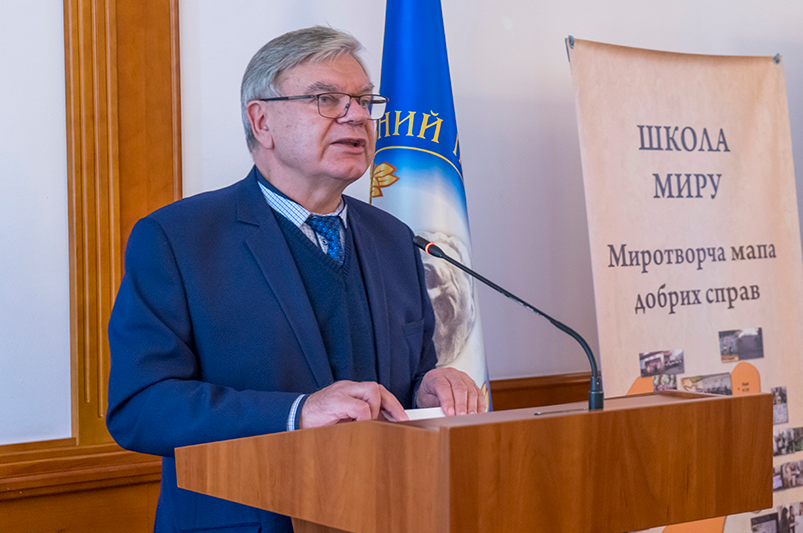
Head of the Association of Kyiv Schools, Tetyana Fedunova, noted that students from 85 schools are now studying in 35 countries around the world, and the support of children from adults is especially important. She also provided a report on the 10-year experience of implementing the Peace School project.
The youth ambassador of peace, student Ksenia Abramovych, told about her own experience that she received at the Peace School and emphasized the need to educate the youth in the philosophy of peace. The representative of the UNESCO National Commission Olena Stepa noted that the desire for peace is engraved in the heart of every person and understanding between different cultures and religions is absolutely necessary in the modern world.
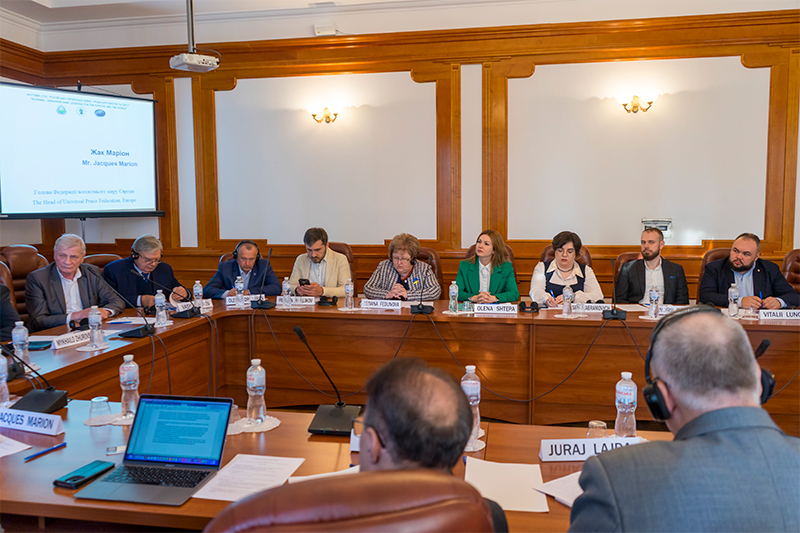
In his speech, the head of the Universal Peace Federation of Europe, Jacques Marion, emphasized the inability of the UN to fulfill its tasks to prevent wars. The main problem in his opinion is the dominance of national egoism over the purpose of the UN.
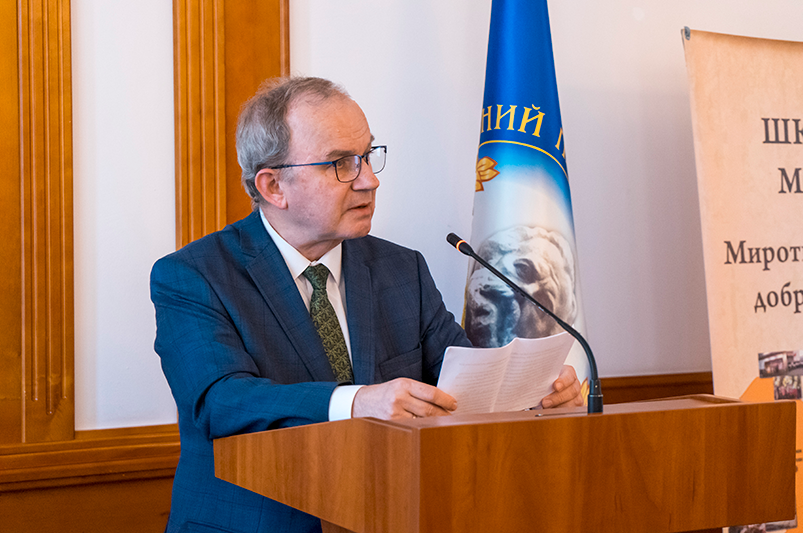
The head of the Universal Peace Federation of Central Europe, Dr.Dieter Schmidt, noted that education is the transformative force of society. And the Russian invasion of Ukraine is an attack on fundamental Christian values and a denial of human dignity.
Dr.Afsar Rathor, head of UNIDO UN projects, said that interreligious dialogue is a tool for achieving peace, and religious leaders and institutions can be mediators in conflicts. He cited the examples of Rwanda, Mozambique and other countries.
History has proven, noted Dr. Rathor that even the superpowers could not defeat the will and spirit of the people. With the example of Vietnam and Afghanistan with its limited resources, we can see that these countries have defeated two superpowers in the last 30 years. The spirit of the nation was the main motivating factor that encouraged people to defend the Motherland.
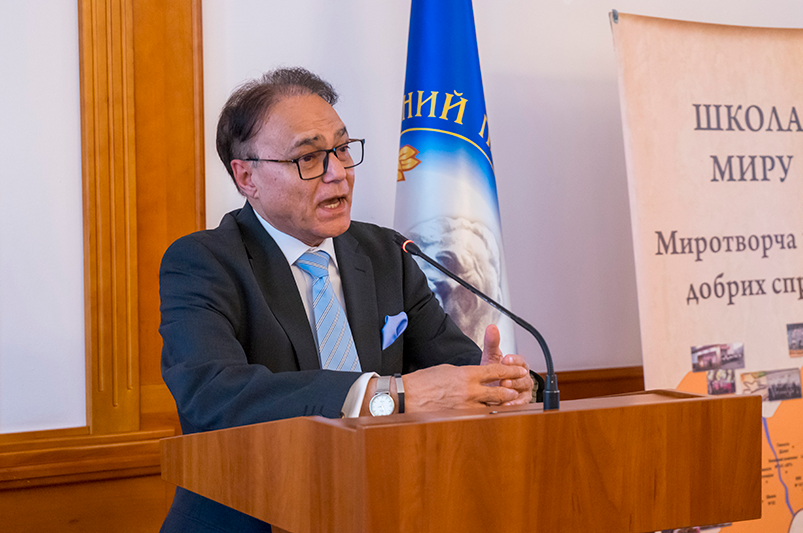
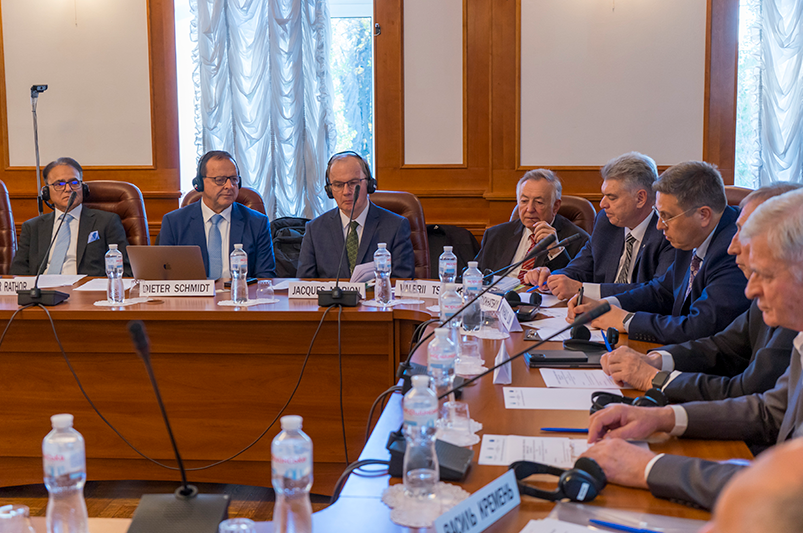
Dr.Juraj Lajda told how theUniversal Peace Federation of the Czech Republic is trying to help Ukrainian children maintain their identity. He demonstrated a book of children's fairy tales in Ukrainian and Czech, which was recently published. Ms. Chantal Komagata from Switzerland spoke about the humanitarian aid they provide to Ukrainian refugees.
Mykhailo Zakharovych, at the end of the round table, concluded that today's speakers showed their position and thanks to this, a field for cooperation with the Universal Peace Federation and other peacekeeping organizations opens up in Ukraine.

